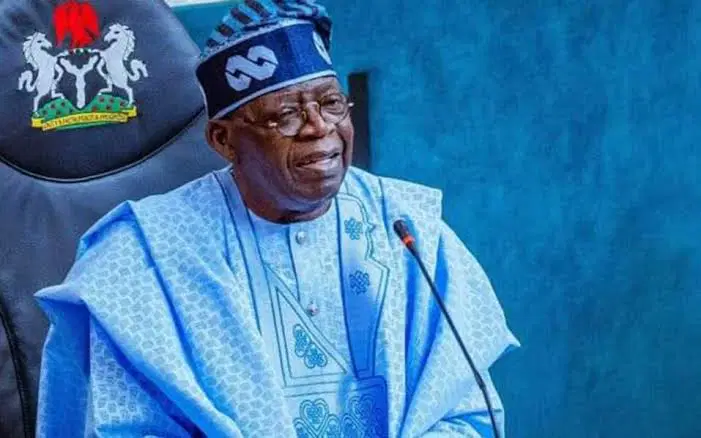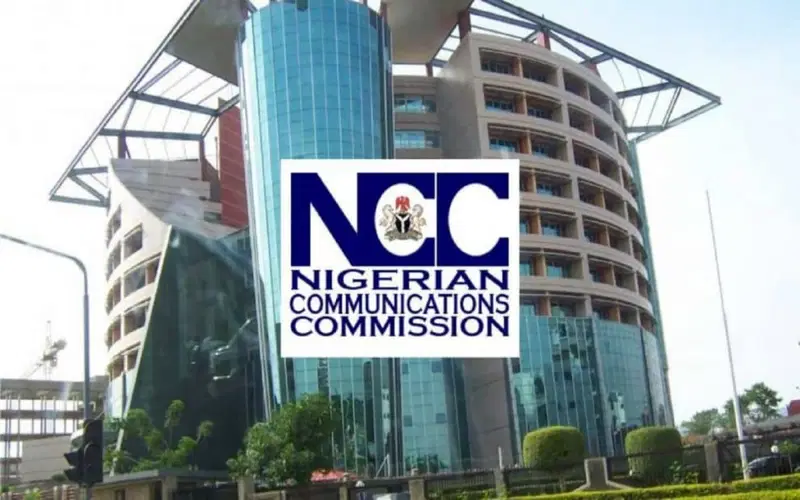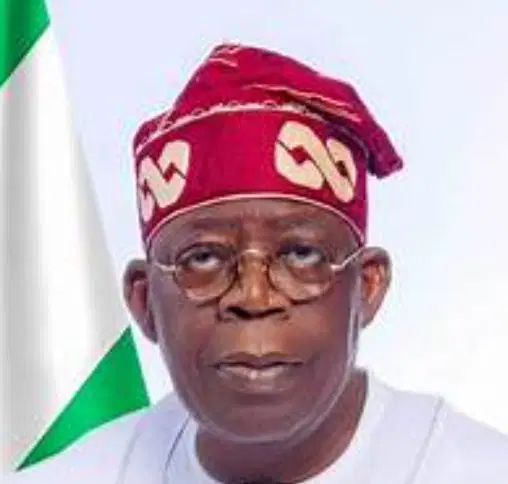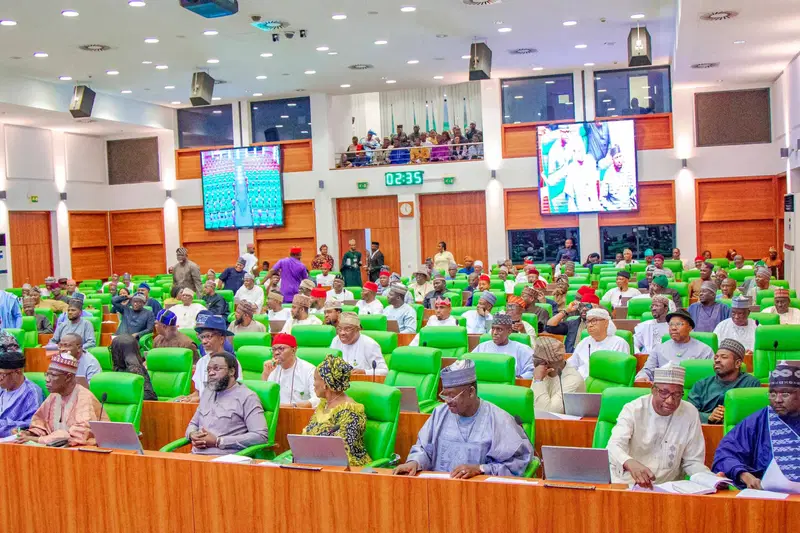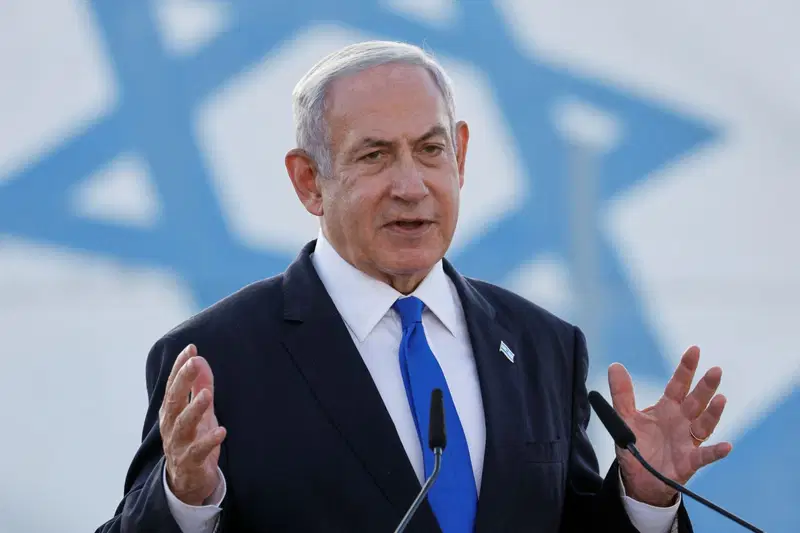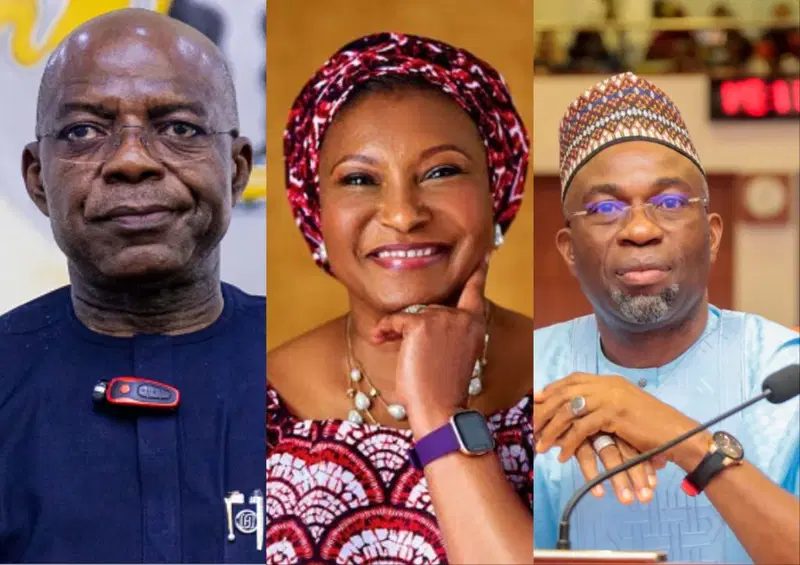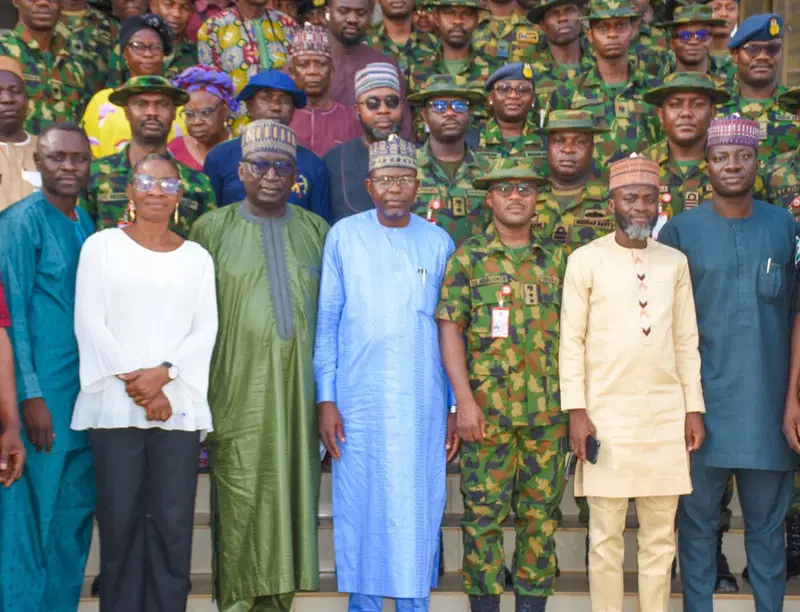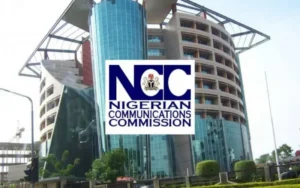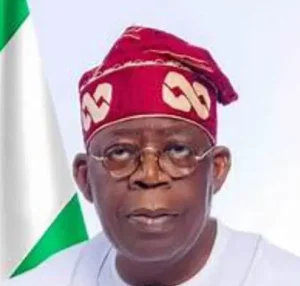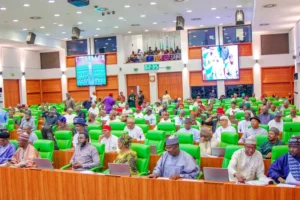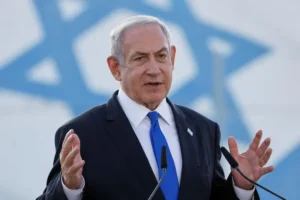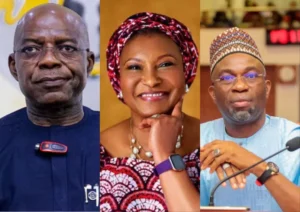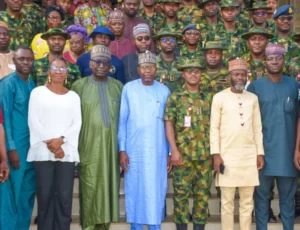• Insecurity: Banditry, kidnappings, and terrorist activities in various parts of the country, particularly in the northwest and northeast regions .
• Economic Instability: Policy missteps, shocks, and distortive monetary and exchange rate policies have led to decreased growth rates and flattened GDP per capital.
• Poverty: An estimated 38.9% of Nigerians live below the poverty line, with 87 million people living in poverty, making it the world’s second-largest poor population after India .
• Infrastructure Gaps: Limited access to electricity, transport infrastructure, and other essential services hinder domestic economic integration and growth .
• Human Capital: Nigerians born in 2020 are expected to be only 36% as productive as they could be if they had full access to education and health .
President Bola Tinubu and Governor Babajide Sanwo-Olu of Lagos State have acknowledged the current social and economic challenges facing Nigerians, assuring that the situation will improve soon. Tinubu emphasized that his government is on the right track, but noted that complex problems can’t be solved instantly, like making coffee. This statement was made during the 70th birthday celebration of Pastor Tunde Bakare, where Tinubu was represented by Senator George Akume .
Sanwo-Olu called for prayers, describing the current leadership as tough men working to get Nigerians through difficult times. He praised Bakare as a spiritual leader and advocate for truth who has left a lasting impact on the nation. Bakare, in his vote of thanks, urged Nigerians to prioritize the nation’s interests above personal needs, emphasizing the importance of collective effort in building a better Nigeria.
Nigeria is currently facing many challenges, including insecurity, poverty, and economic instability. The country has been struggling to provide opportunities for its citizens, with a poverty rate estimated to have reached 38.9% in 2023. However, with the new administration’s bold reforms, there is hope for a turnaround. The World Bank is supporting Nigeria’s development efforts through various projects and initiatives, including the Nigeria Electrification Project and the Better Education Service Delivery for All project .

